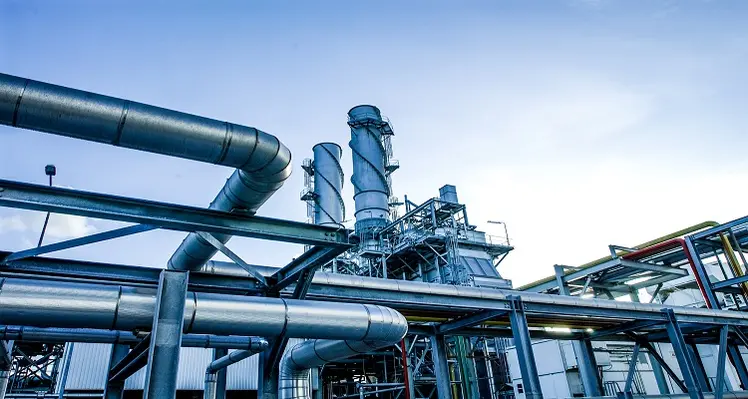A new Horizons report from Wood Mackenzie highlights the need for companies and governments to take urgent action to reduce methane emissions and enforce new standards, suggesting that COP28 could prove a landmark moment for methane reduction commitments
Methane is second only to CO2 in its impact on climate change, and remains a significant challenge for the oil and gas industry, which is estimated to account for up to a quarter of human-caused methane emissions, according to the report, Mission invisible: tackling the oil and gas industry’s methane challenge.
According to Wood Mackenzie’s Emissions Benchmarking Tool, typical methane losses per field are less than 500 kilogram per hour (around 0.65 million cubic feet per day), which is below the measurable resolution of most current satellites — but around 96% of all fields have emissions on this scale, making it a large, cumulative problem. More significant emissions from larger fields are often spread across multiple production facilities, making them harder to quantify.
Fortunately, existing methane reduction technologies are relatively simple, can be cost-effective and bring environmental benefits relatively quickly, thanks to methane’s shorter duration in the atmosphere than CO2. There are also financial incentives for reducing methane emissions, as reducing methane losses can increase gas sales and, in turn, revenues.
According to the report, government action will be vital to reduction efforts, with three high-level actions that can stimulate progress:
1. Greater ambition: Implementable and enforceable policy would be a positive start, such as global collaboration on stopping all large-scale flaring and venting.
2. Consistent enforcement: Policymakers and regulators must collaborate with industry to set realistic targets and timelines for emission reductions while ensuring that fees and fines are levied appropriately and loopholes are closed.
3. Financial support for technology: Governments can support funding to improve both measurement technology and abatement solutions. For example, as part of the US Inflation Reduction Act (IRA) US$350mn in funding is available to monitor and reduce methane emissions.
The report also looks at the future of methane detection and monitoring, including the role of satellite tech, and how oil and gas producers can turbocharge abatement through monetisation, deployment of known solutions and collaborative strategies.
“COP28 could prove a watershed for regulating methane emissions if governments move from voluntary pledges to binding commitments,” the report concludes. “An obvious start will be greater support for routine super-emitters to end large-scale venting.
“Tougher penalties for routine leaks would also push the industry to move faster. Incentives can help, with companies transforming methane losses into higher revenues and premium prices for certified low-methane supply.
“None of this will be achievable without improved detection and data accuracy. Better measurement makes for better regulation and more effective mitigation. Tracking and tackling methane have never looked more urgent.”










